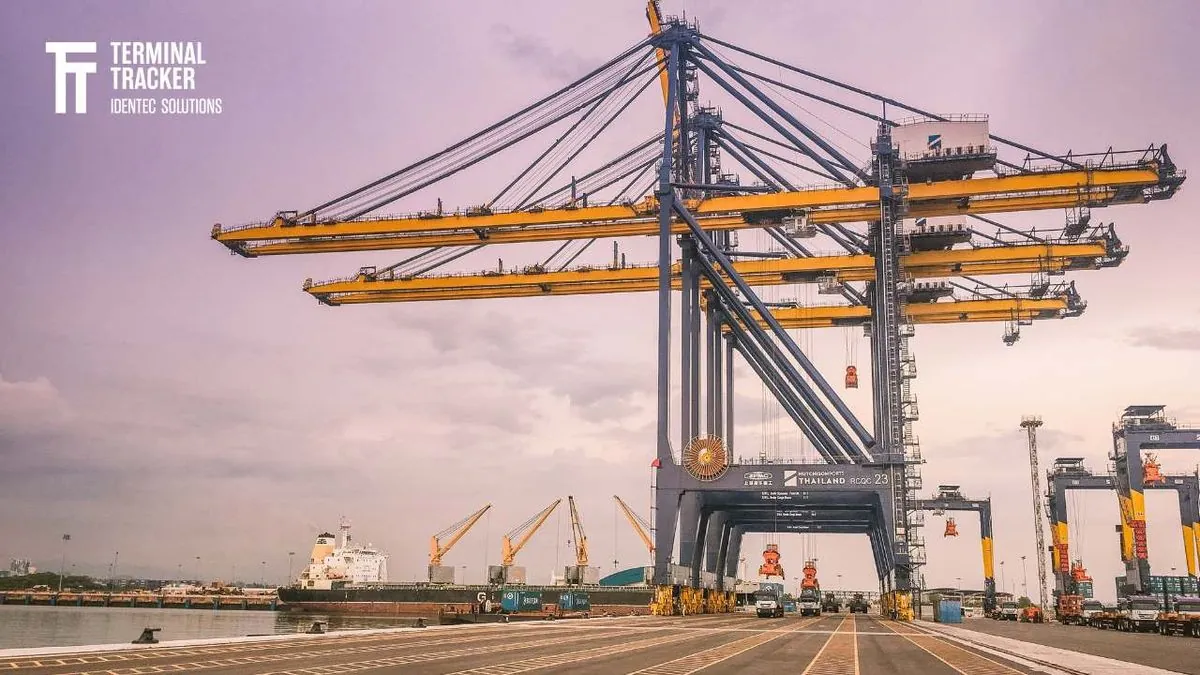The recent three-day strike by International Longshoremen's Association (ILA) members on the US East Coast and Gulf Coast has concluded, highlighting the ongoing debate over automation in ports worldwide. This labor dispute, which disrupted much of the nation's ocean shipping, ended on October 4, 2023, with a tentative agreement on wages. However, the contentious issue of automation remains unresolved.
The ILA, founded in 1892, and the United States Maritime Alliance (USMX) have extended their contract until January 15, 2025, to continue negotiations. The union, led by Harold Daggett, is particularly concerned about the use of an automated gate system at a port in Mobile, Alabama, which they claim violates their contract.
Automation has been a significant factor in port labor disputes across North America. In June 2023, 99% of International Longshore and Warehouse Union (ILWU) Local 514 workers in Canada rejected an offer from the British Columbia Maritime Employers Association (BCMEA). The union expressed concerns about the introduction of automation at a key rail yard in the Port of Vancouver.
Similar issues have arisen on the US West Coast. The Pacific Maritime Association (PMA) reported that union workers "effectively shut down" terminals at ports including Los Angeles and Long Beach in 2023. A study commissioned by the ILWU found that automation led to 392 fewer jobs at the Long Beach terminal in 2020 and 2021.
The containerization of cargo, introduced in the 1950s, revolutionized the shipping industry by reducing loading time from three weeks to just 18 hours. This innovation paved the way for further technological advancements in ports. The world's first automated container terminal opened in Rotterdam in 1993, marking a significant milestone in port automation.
European port workers' unions have taken a proactive approach to addressing automation concerns. Niek Stam, secretary of FNV Havens, the largest Dutch dockworkers' union, stated:
This protection has been included in their contracts for many years, demonstrating a potential path forward for North American unions.
The Port of Rotterdam, Europe's largest seaport, is considered one of the most technologically advanced in the world. However, even with these protections in place, unions are still negotiating for early retirement options due to the physical demands of remaining jobs.
As global trade continues to evolve, with container ships now capable of carrying over 24,000 TEUs (Twenty-foot Equivalent Units), the debate over automation in ports is likely to persist. The challenge lies in balancing efficiency gains with job security for port workers.
Shaheem Smith, a New Jersey crane operator and ILA strike captain, summarized the union's perspective:
As negotiations continue, both sides will need to find common ground to ensure the smooth operation of ports while addressing the concerns of workers in an increasingly automated industry.
